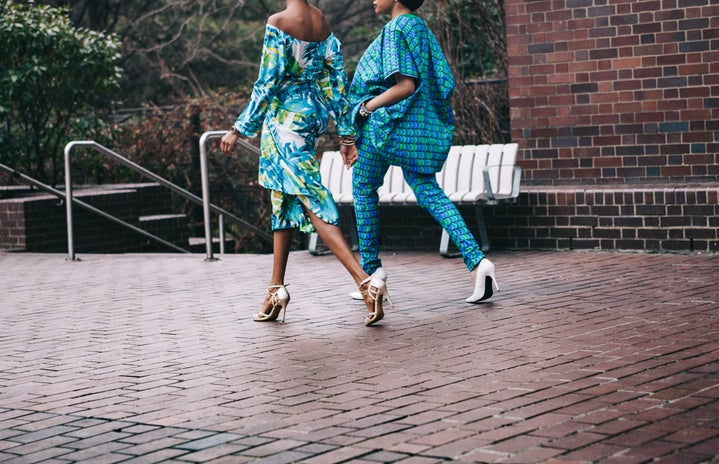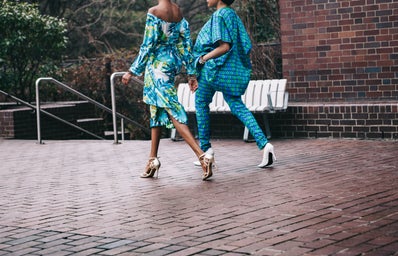If you’ve listened to Greta Thunberg’s speech at the United Nations Climate Action Summit this week, you would know that the world is facing an environmental crisis. With the Amazonian forest burning and sea levels rising at an alarming rate, coupled with the constant denial from our world and corporate leaders to take action, we as individuals may be discouraged from adopting a more sustainable lifestyle. Regardless of our leaders, it is crucial that we as consumers take actions towards saving our ecosystems. Supporting more ethical business practices may even gear our corporate leaders towards adopting eco-friendlier business approaches. In addition, we can help be responsible for fostering a green culture for future generations.
So, we’ve already been integrating Meatless Mondays into our diet schedule, ditching plastic straws and bottles for metal ones, bringing our own bags as replacements for plastic bags, and throwing out our microbead cleansers. Now for the next step — how do we feel about dressing up sustainably as well? First, let us take a look at what it means to be unsustainable in fashion.
What is “fast fashion”?
In a nutshell, fast fashion refers to cheap clothing items that model fashion trends on the catwalk and in store, but are made poorly and at a groundbreaking speed. These items are only made to be worn for as long as a style stays trendy, and so they quickly end up in landfills afterwards.
So, what are the problems with “fast fashion”?
-
Due to the speed at which these items are produced, they are also most likely made in sweatshops, which are often associated with poor working conditions, unfair wages, child labour, unreasonable working hours, and more.
-
Fast fashion contributes massively to our landfills. As you have probably noticed from your own purchases, clothing produced by brands like Zara, Forever 21, and Topshop unfortunately have very short life cycles (which explains the hole on my Zara shirt that is enlarging as I write this). As a result, these clothing items end up in landfills very quickly. Nowadays, our clothing goes “out of style” just as new trends hit the runway, which causes people to clean out their closets; as newer, fashionable pieces get mass-produced, old ones end up in the dumpster.
-
Textile dyeing pollutes our water! When you read about corporate factories dumping toxic waste into our streams and polluting our water sources, about 1 out of 5 times it is owed to the fast fashion industry. Not to mention that the synthetic microfibers on our clothes are probably damaging our ocean the same way that the bottle of cleanser you threw out last week did.
What is “sustainable fashion”?
Sustainable fashion brands have put in efforts to ethically and sustainably produce each clothing item during every point of the manufacturing process, from the collection of raw materials to the design and manufacturing process. Aside from producing items from renewable energy sources and responsible natural resources, sustainable fashion also opts for a more timeless and minimal outlook for clothes, rather than temporary trendy ones. They are also made to last, which minimizes the massive amount of waste clothing currently contributes to landfills.
Familiarizing yourself with these concepts of fast fashion and sustainable fashion is a good step towards saving our planet; the more you know, the more mindful you can be of your consumer choices. The acknowledgement that the fashion industry needs to take measures to reduce their carbon footprints (as Gucci is) is the first step in becoming an environmentally conscious consumer. As such, I want to clarify that this “guide” is in no way endorsing you to boycott all these fast fashion brands (maybe eventually) and throw out all of the items you own from them. It is more of an encouragement to become aware of the impact fast fashion has on environmental decline and how you as a consumer can keep from contributing to it in the future.
If you’re interested in learning more about the current harmful practices of our fashion industry, check out documentaries like The True Cost, Riverblue, and Minimalism.


